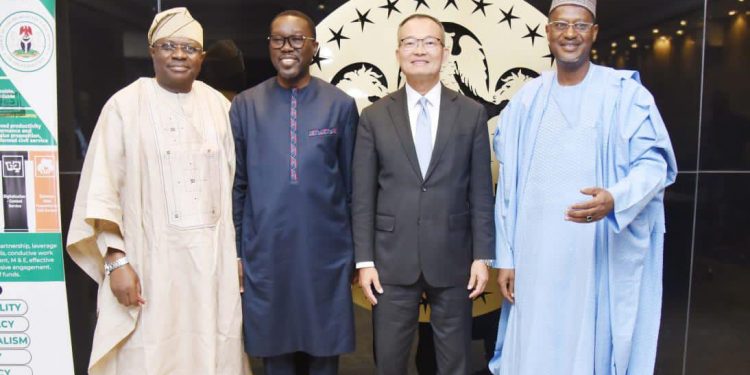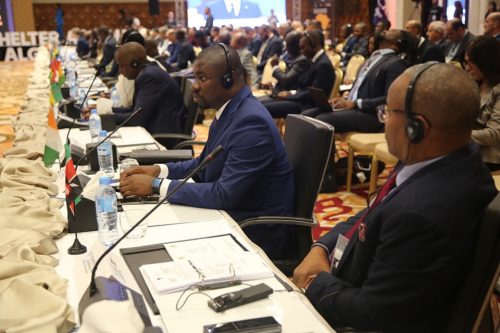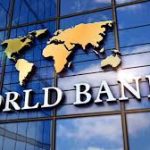Nigeria’s Ministry of Housing and Urban Development has teamed up with the World Bank to address the nation’s land registration issues, with over 90% of land currently untitled, potentially locking up around $300 billion in untapped capital.
This partnership, formalized on September 11, 2024, in Abuja, aims to tackle this significant challenge by registering all land parcels within five years. The initiative will also increase formal land transactions from the current 10% to 50% and establish a National Digital Land Information System (NDLIS).
The agreement was signed by the Minister of Housing, Arc. Ahmed Musa Dangiwa, and the World Bank’s Vice President of Infrastructure, Guangzhe Chen. According to Dangiwa, “This is very important to our government as over 90% of land in our country is unregistered and untitled. Experts estimate a dead capital of over $300 billion.” He emphasized that the project’s goals include registering, documenting, and titling all land parcels within five years, launching the NDLIS, increasing formal land transactions to over 50% in the next decade, and training land registration officers nationwide.
The National Land Registration and Titling Programme will also collaborate with state governments to enhance revenue through ground rent, Certificates of Occupancy, and real estate taxes. These funds are expected to be used for improving urban services and mitigating climate change impacts in cities across Nigeria.
In addition to land registration, the partnership with the World Bank will focus on Urban Livability and the Housing Value Chain. Dangiwa highlighted the importance of implementing the National Urban Development Policy and developing frameworks to manage urban areas and improve service delivery. He also noted ongoing efforts to create actionable plans based on recommendations from a recent Livability Workshop with state commissioners.
World Bank Vice President Guangzhe Chen emphasized the visit’s goal to prioritize areas of mutual interest. The World Bank is committed to supporting Nigeria in land administration, affordable housing, sustainable financing, climate change mitigation, and urban land management. Chen also mentioned that successful models from other West and Central African countries could be adapted for Nigeria.
World Bank Country Director Ndiame Diop assured that the priorities will be developed into comprehensive programs, including improving the mortgage ecosystem, implementing a structured land titling system, and providing urban planning support. Diop highlighted the urgency of addressing land registration issues and expressed satisfaction with the Minister’s engagement with state governments, deeming it crucial for the success of the initiative. The World Bank is ready to offer both financing and technical support to advance Nigeria’s housing and urban development agenda.










